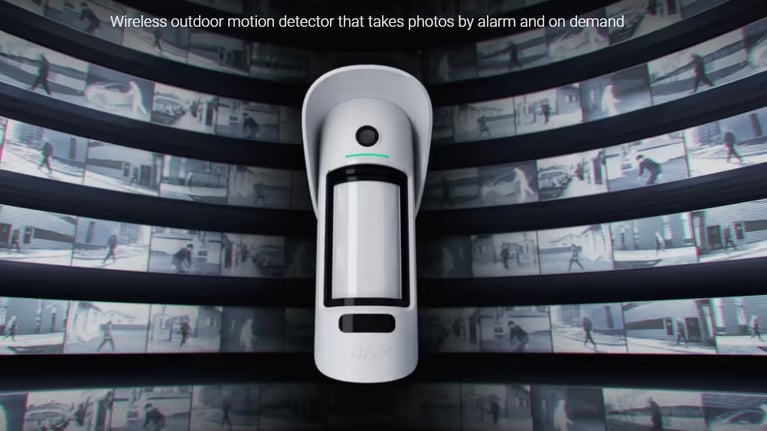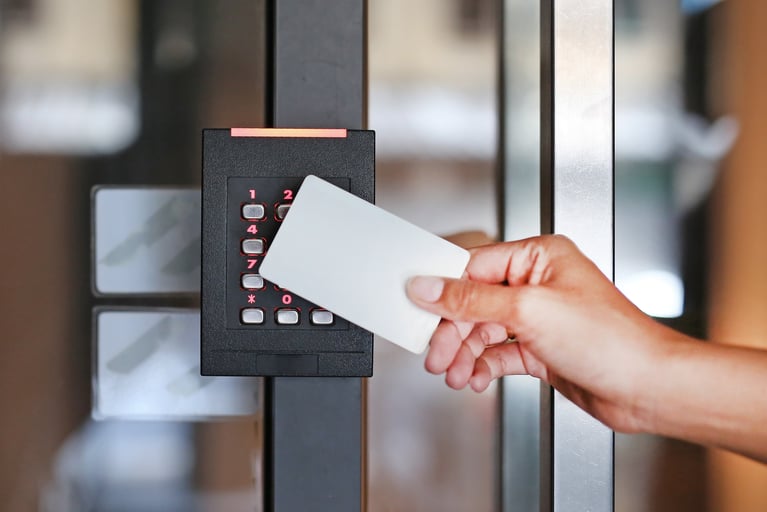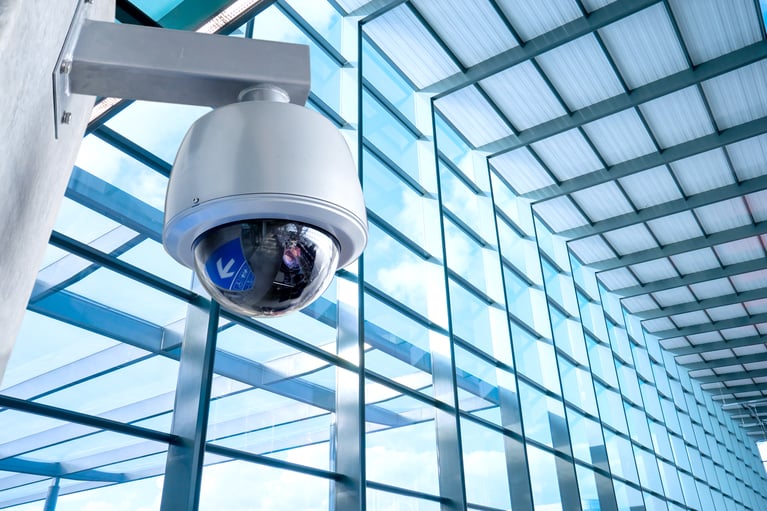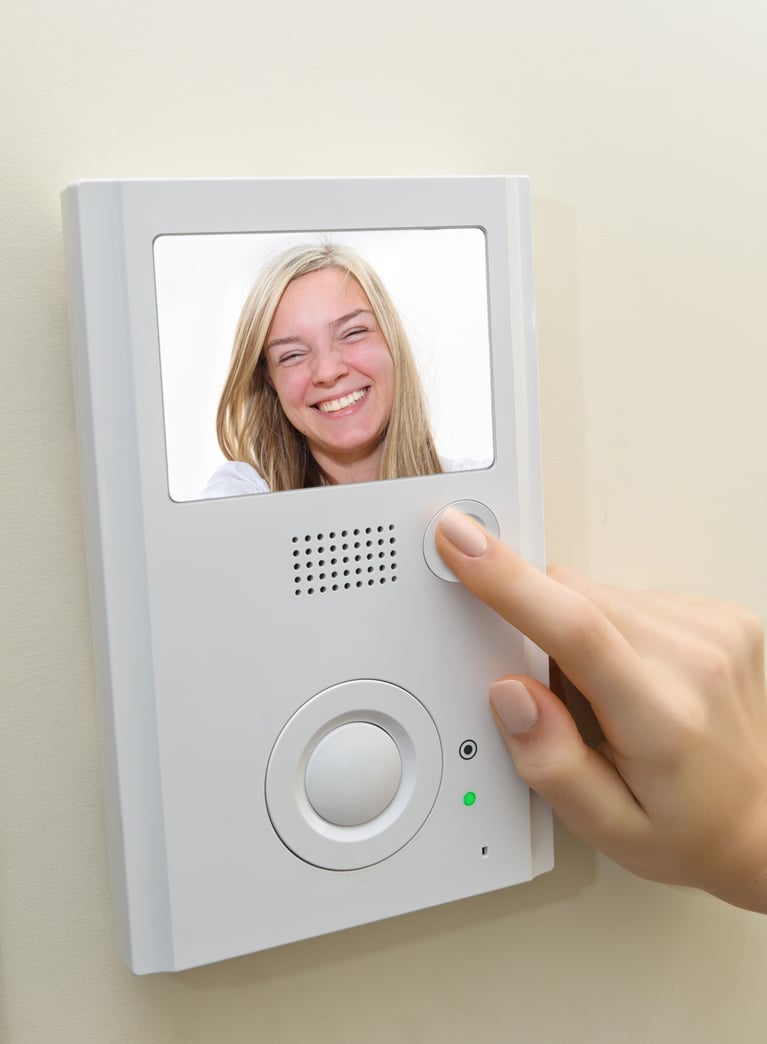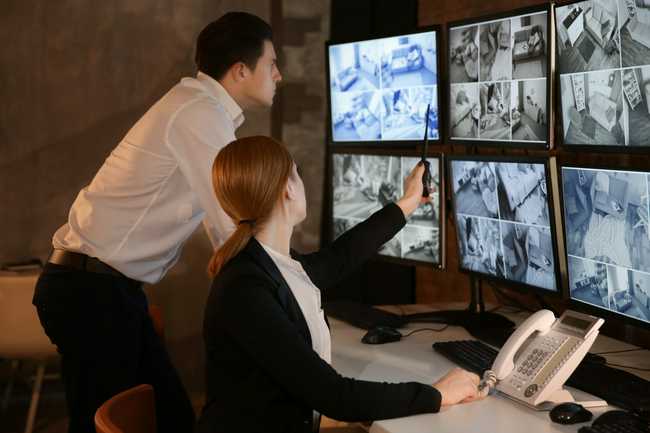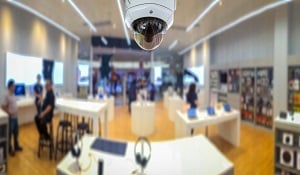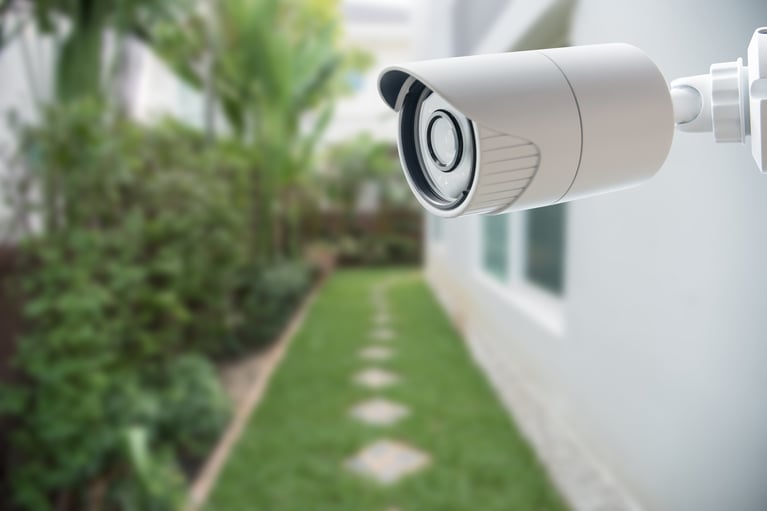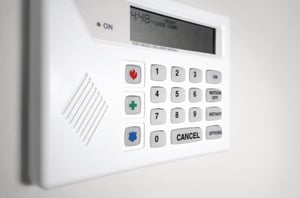 Alarm systems are one of the most basic and reliable security measures that you can install to protect your home or business. They’re designed to detect when something is amiss, deter the potential threat, and alert the proper authorities so they can then respond quickly and efficiently. Alarm systems aren’t necessarily for only sensing intruders. Many can also detect fire, carbon monoxide leaks, and/or environmental hazards. Here’s your guide to the inner workings of alarm systems.
Alarm systems are one of the most basic and reliable security measures that you can install to protect your home or business. They’re designed to detect when something is amiss, deter the potential threat, and alert the proper authorities so they can then respond quickly and efficiently. Alarm systems aren’t necessarily for only sensing intruders. Many can also detect fire, carbon monoxide leaks, and/or environmental hazards. Here’s your guide to the inner workings of alarm systems.
Alarms Deter Intruders
Alarm systems start working long before potential intruders decide to break-in. The glow of an alarm panel inside or even the sight of a “Protected by So-and-So Security” sign is enough to make potential thieves and vandals think twice about entering your building.
In a 2017 survey, detained burglars were asked what deterred them the most when contemplating entering a property. Almost 50 percent said that they wouldn’t enter a home or building with a working alarm system, and an additional 23 percent claimed that even seeing sensors or evidence of an alarm system was enough to deter them.
Simply having an alarm system is enough to deter most crimes of opportunity.
A Network of Sensors
When a simple deterrent isn’t enough, alarm systems are designed to detect multiple methods of entry and other hazards with a network of sensors that cover the entire property. For intruders, sensors detect break-in activity and movement inside the building:
- Door and window contacts – switches mounted to doors and windows that trigger the alarm whenever the system is armed and a door or window is opened.
- Glass break detectors – audio sensors detect the sound of breaking glass.
- Shock sensors – detect vibrations caused by intruders breaking through walls.
- Motion sensors – if an intruder does get into the building without tripping the other sensors, motion sensors will catch their movements as they walk around. They can also be installed on the exterior of a building as well.
Many alarm systems also come equipped with other sensors designed to detect hazardous environmental threats as well:
- Carbon monoxide (CO) detectors – used to detect carbon monoxide, which is a harmful, odorless gas. When the sensors are tripped, an alarm is triggered to warn everyone to evacuate the property immediately.
- Environmental sensors – can detect sudden changes in temperature in the event of a fire or even the presence of water.
- Smoke detectors – can be integrated with your alarm system to alert the building owner and the fire department immediately in the event of a fire.
When an Alarm Is Tripped
All sensors are linked to an alarm control panel that acts as the “brain” for the alarm system. When a sensor is tripped, it sends a signal to the panel, which then determines the appropriate course of action based on preset rules.
For example, opening a door and breaking a window are two completely different methods of entry and might require two different responses. If you set your alarm overnight, you’re going to open a door to get back into the building in the morning. It would be annoying if an alarm went off immediately when you opened the door. The alarm control panel will know that if a door sensor is triggered, it should wait a few minutes before going off to allow you time to disarm it. A window break, on the other hand, isn’t a common occurrence. The panel will know to set off the alarm immediately in the event of a breaking window.
The control panel will know the difference between the different sensors and react accordingly when one is tripped.
Alarm Monitoring Services
The control panel won’t only sound an alarm when a sensor is tripped, it’ll also send a signal to a central monitoring station. Depending on the type of alarm you install, it can be linked to a professional alarm monitoring service. A trained security dispatcher will monitor your system 24/7 and contact the proper authorities immediately when an alarm is triggered, which can significantly cut down on response time. The faster you can respond to a threat, the less damage it can inflict on your property.
Depending on the alarm system you choose, it can be linked with a monitoring service via phone lines or internet connection. Alarm monitoring services are typically an additional monthly fee.
Self-Monitoring Alarms
If you prefer to handle emergency situations yourself, you can opt for a self-monitoring alarm system. Instead of sending an alert to a monitoring service, self-monitoring alarms send an alert straight to the end user. If a sensor is tripped while the alarm system is active, you’ll receive a text, email, or notification straight to your phone. It’s then up to you to contact the proper authorities.
Self-monitoring alarms work best for people who can respond to alerts quickly. If you’re someone who doesn’t always like to keep their phone nearby, especially at night, a self-monitoring system might not be for you. It’ll also be up to you to maintain a contact list in the event of an emergency.
Alarm Systems from Four Walls Security
Alarm systems are an effective way to deter criminals and protect your property from disaster. The mere sight of an alarm system is enough to scare off most potential intruders. If someone does break in, a network of sensors will detect their every move, sound an alarm, and send alerts to a monitoring service and/or the end user so they can get in contact with the proper authorities. The faster you can respond to a potential threat, the less damage it can do to your property.
If you’re thinking about installing an alarm system and have questions regarding which one is right for you, contact the experts at Four Walls Security. We have years of experience working with homes and businesses in the Brisbane area and would be happy to walk you through the process. Contact us for a free, no obligation quote today.


